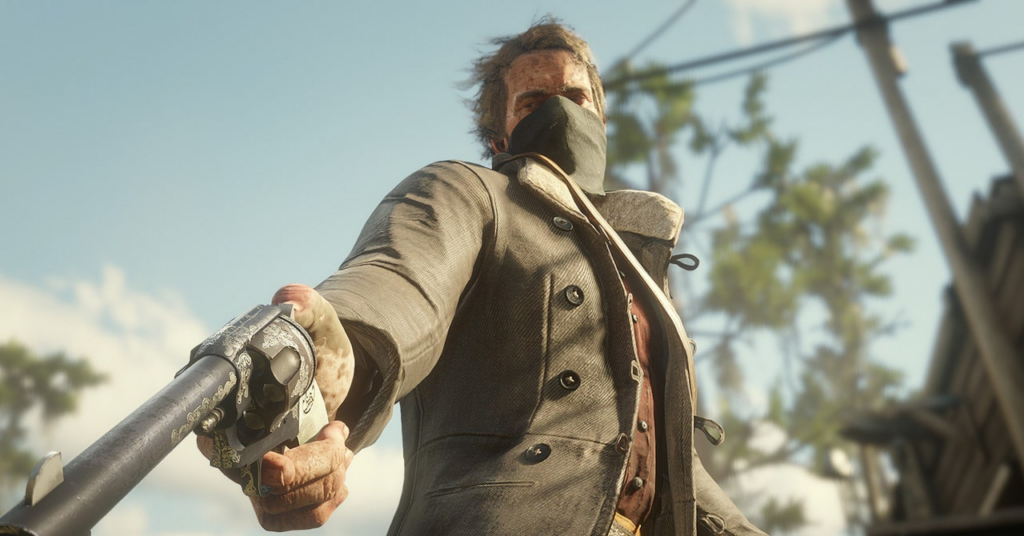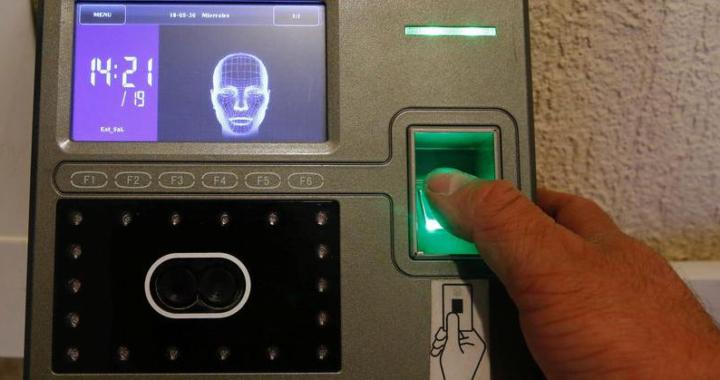Why Is It So Hard to Be Evil in Video Games?
4 min read
I have always loved the idea of choosing my own path in a game. Moral dilemmas make virtual worlds more interesting. Sometimes they change the outcome and give you a reason to play the game all over again. But as much as I like the idea, I often struggle to take the evil route. I’ll replay a game with the intention of being bad, yet I find myself being a Good Samaritan again.
I first noticed this with Star Wars: Knights of the Old Republic. Having finished the game as a Jedi, I wanted to go back and play as a Sith. But I was always compelled to choose the light side. Apparently, I’m not alone. Megan Starks, senior narrative designer at Obsidian Entertainment, the game studio behind titles like The Outer Worlds, Tyranny, and Fallout: New Vegas, says about 97 percent of its players prefer to align with the good path over an evil one.
“We could say, ‘Well then, why bother making a less morally good path at all? That’s a lot of time and resources to develop a choice that most players won’t ever experience.’ But having the choice itself is what’s important,” Starks writes in an email.
Without choice, things can get boring fast. It’s important to feel like you’re steering events and that you have some say over who your character is and where you’re going. That’s especially true in open-world games with the freedom of mobility and involved plots.
“Fiction imitates life, and to create a believable world for an audience to immerse themselves in, it needs to contain some portrayal of a moral system,” Starks says. “Because if you have absolutely no wrong or risk of wrong, there is no conflict, and if you have no conflict, you have no story that an audience is interested in experiencing.”
The Gray Area
It used to be so straightforward. When I think back to games like Black & White, Star Wars: Knights of the Old Republic, and Fable, there was no moral ambiguity. Every action had a judgment attached. For example, in Fable, the more atrocities you committed, the scarier you’d look to those around you. In other games, it would link directly to a points system.
Red Dead Redemption had an honor system, though if you pulled a bandana over your face, outlaw-style, you could commit murder, robberies, and other evil acts with impunity. In the sequel, your honor rating changes regardless of whether you hide your face. It has a more pronounced impact, changing the way people in the game react to you, the way the central character Arthur Morgan carries himself, and how things end.
As games have matured, morality systems have grown more complex. Many developers simply don’t give you the option of taking the high road anymore. Sometimes there’s so much gray you can’t see what’s right. It might be choosing the least bad path, rather than the good path.
“If the choice is always easy, it becomes boring and also causes us to spend a lot of time developing content no one will experience,” Starks says. “If we make the choices ‘shades of gray’ or types of ‘good to neutral’ or ‘low-stakes jerkish,’ players are more likely to weigh the pros and cons of each and select more variety in the options.”
I spent a long time agonizing over whether to hook up the sole power station to Edgewater or the Botanical Lab in The Outer Worlds, knowing it would condemn the faction I didn’t choose. After a lot of back and forth, I managed to find a compromise that made both parties happy, persuading the leader of Edgewater to leave. But that depth of choice is rare.
Moral Choices
While Obsidian’s data might show its players are often choosing the good path, that doesn’t mean all gamers are usually on the side of right. A Baylor University study researched how people approach moral choices in video games and focused on three scenarios:
- The infamous “No Russian” mission from Call of Duty: Modern Warfare 2, where you are a part of a terrorist group and can choose to slaughter innocent civilians at an airport, kill only guards, or choose not to shoot at all.
- The “Power of the Atom” mission from Fallout 3, where you can defuse the bomb for a small reward or detonate it and destroy the town for a big payout.
- The “Free Labor” mission from Fallout 3, where you can kidnap or spare a baby.







